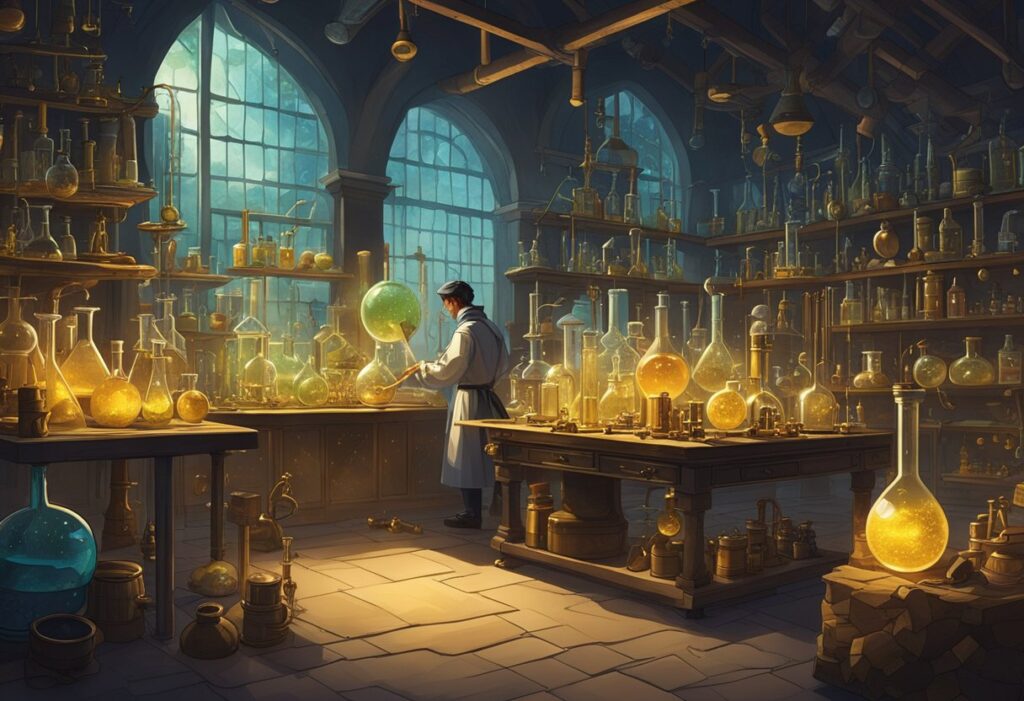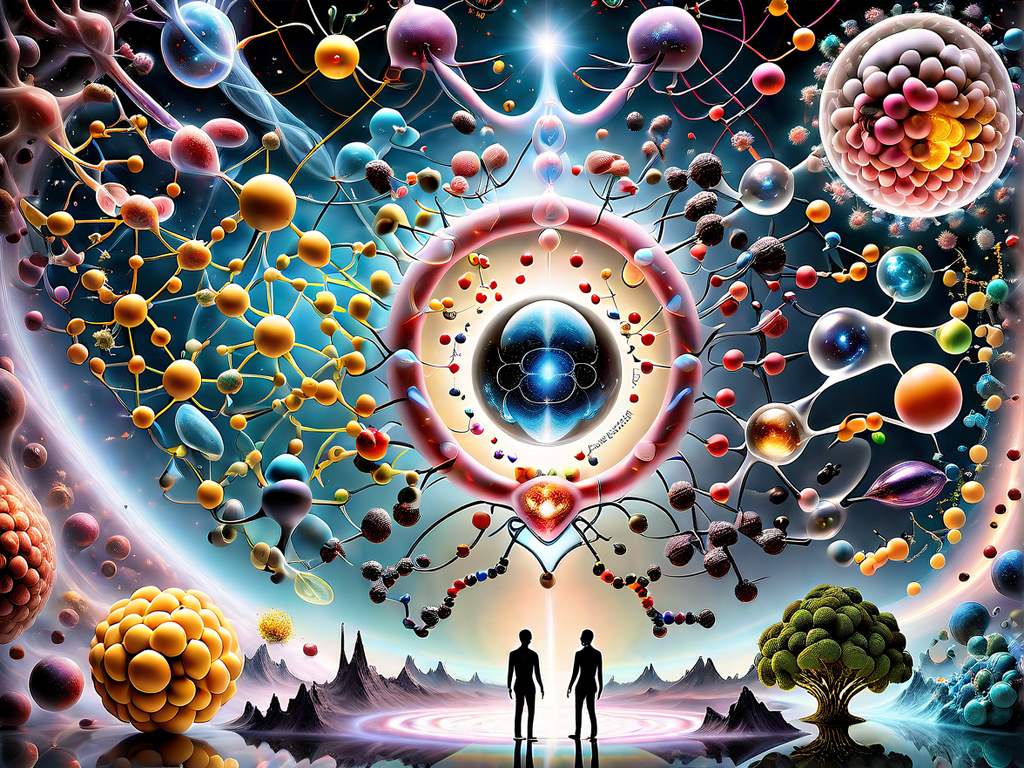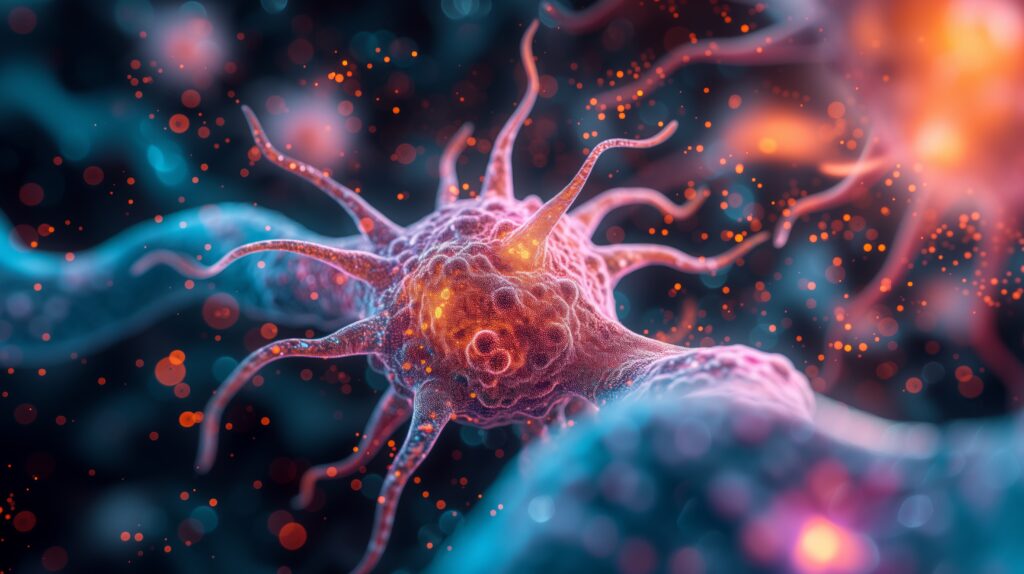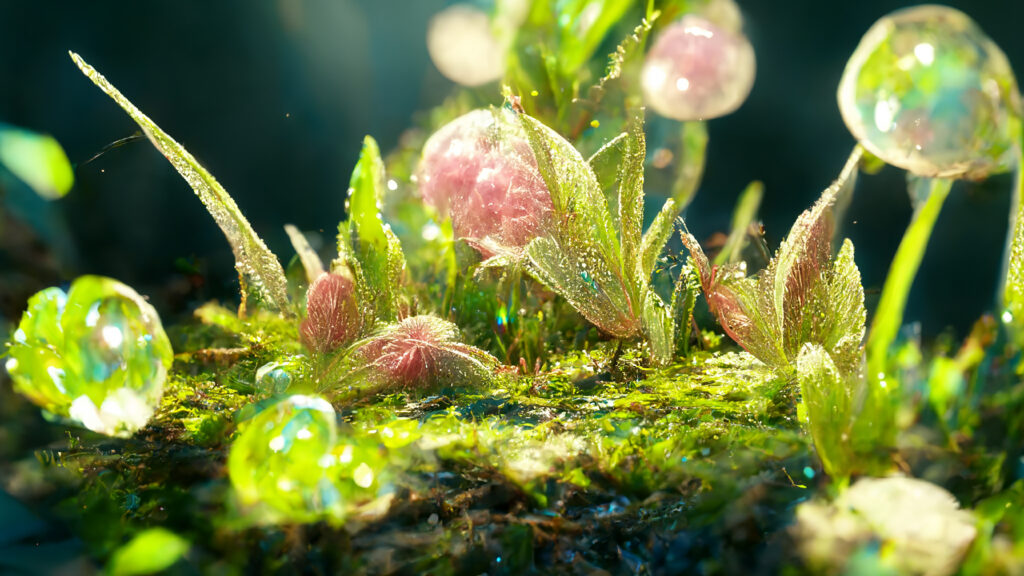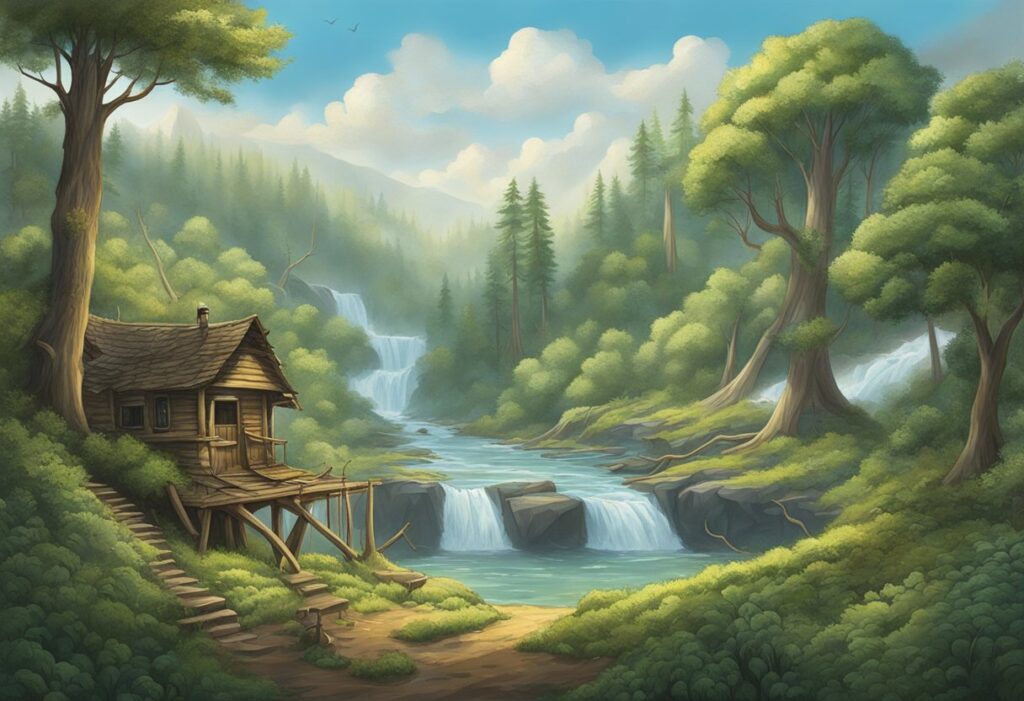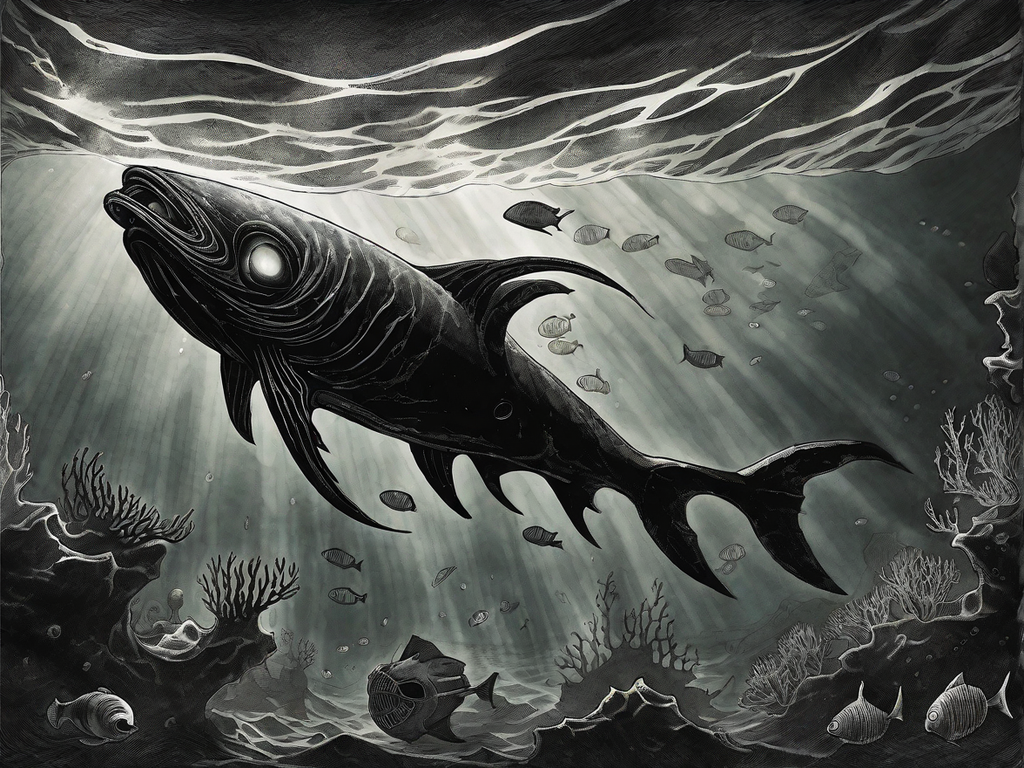Insects are some of the most fascinating creatures on the planet. From their incredible diversity to their unique adaptations, these tiny wonders never fail to amaze. Despite their small size, insects play a crucial role in nature, serving as pollinators, decomposers, and even predators.
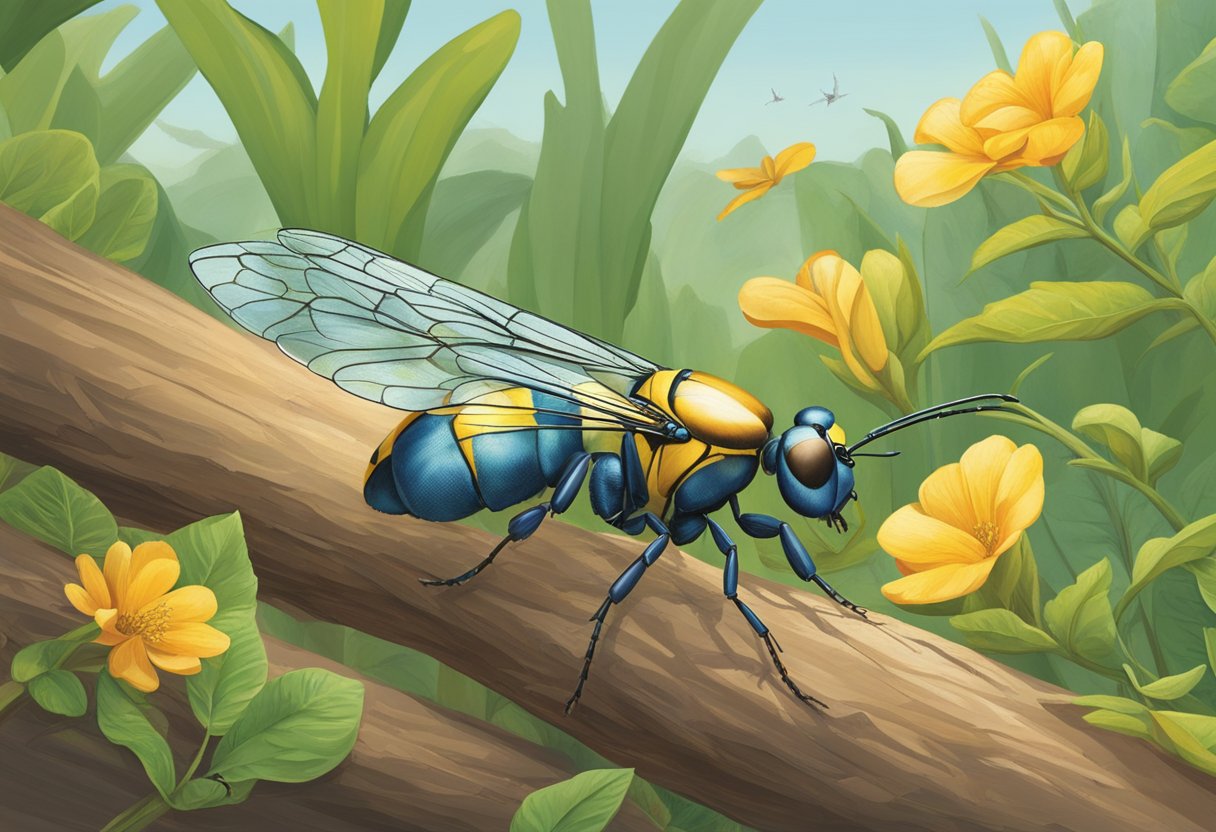
One of the most extraordinary things about insects is their sheer number. With over one million known species, insects make up the largest group of animals on Earth. From the tiniest aphid to the largest beetle, each species has its own unique characteristics and behaviors. Some insects, like butterflies, are beloved for their beauty, while others, like ants, are admired for their impressive social structures.
Despite their small size, insects are also incredibly resilient and adaptable creatures. They have evolved a wide range of strategies for survival, from camouflage and mimicry to venom and defensive spines. Insects have also played a significant role in human history, serving as sources of food, medicine, and even inspiration for art and literature. Overall, the extraordinary lives of insects are a testament to the incredible diversity and complexity of the natural world.
The Fascinating World of Insects
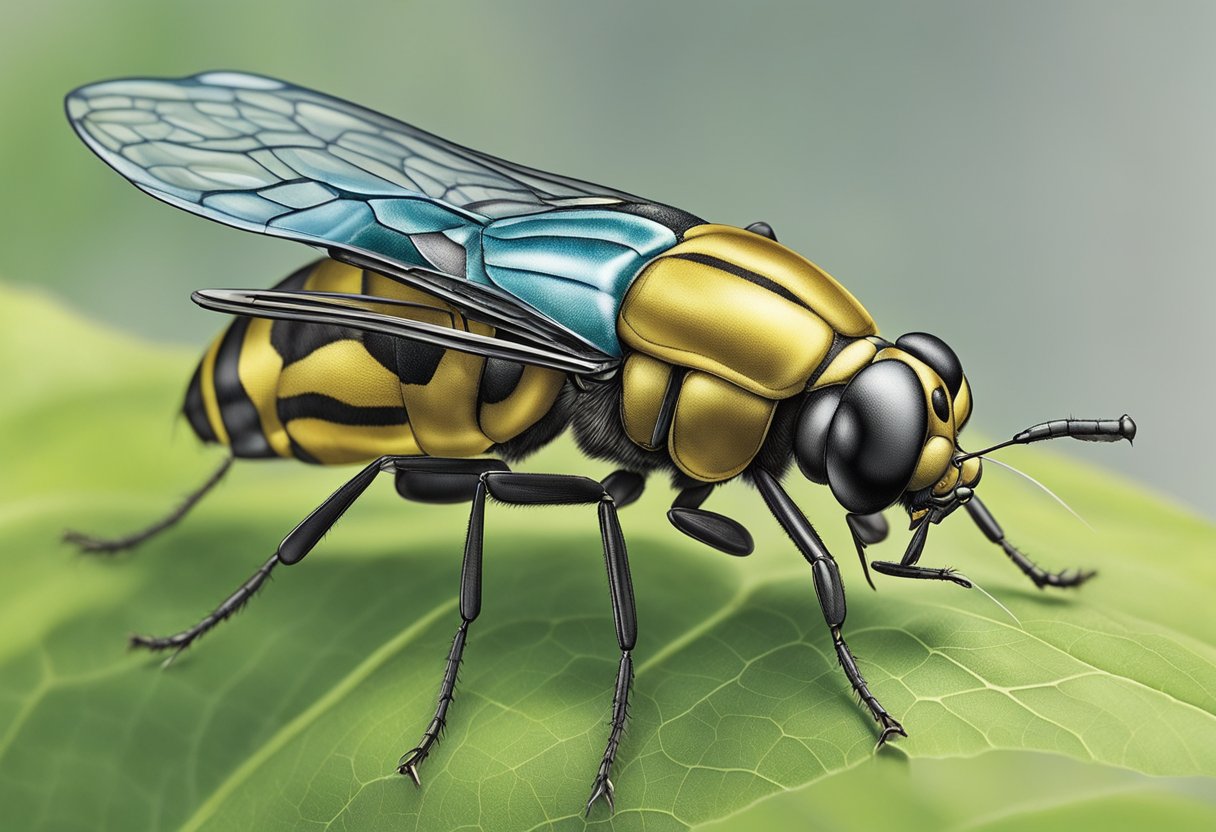
Insects are some of the most diverse and significant creatures in the natural world. With over a million known species, they make up more than half of all known living organisms. Despite their small size, insects play a vital role in the ecosystem and have remarkable abilities that continue to inspire scientists and artists alike.
Insect Diversity and Significance
From ants and bees to beetles and butterflies, insects come in a wide variety of shapes, sizes, and colors. They are found in almost every habitat on Earth and play important roles in pollination, decomposition, and as a food source for other animals. Insects are also essential to the balance of nature, helping to maintain healthy ecosystems and promoting resilience in the face of environmental change.
Intricate Behaviors and Survival Strategies
Insects have evolved a range of behaviors and survival strategies to help them navigate their complex and often dangerous environments. From the intricate social structures of ants and bees to the camouflage and defensive adaptations of butterflies and dragonflies, insects have developed a wide range of strategies to help them survive and thrive.
Insects and the Balance of Nature
Insects play a vital role in maintaining the balance of nature, helping to pollinate plants, control pests, and decompose organic matter. They are also important food sources for other animals, helping to support healthy ecosystems and promote biodiversity.
Art and Beauty in the Insect World
Insects are not only important from an ecological perspective, but they are also incredibly beautiful and inspiring creatures. Their vibrant colors, intricate patterns, and close-up photography have inspired artists and designers for centuries, and continue to captivate people around the world.
Conservation Efforts and the Role of Entomologists
As human activity continues to impact the natural world, conservation efforts have become increasingly important in protecting insect populations and their habitats. Entomologists play a vital role in these efforts, studying insect behavior, ecology, and evolution to better understand and protect these remarkable creatures.
Insects: Nature’s Tiny Wonders
Insects are truly nature’s tiny wonders, with a complexity and ingenuity that continues to inspire and amaze. From their remarkable abilities to their intricate social structures, insects are some of the most fascinating creatures on Earth.
Insect Communication and Social Structures
Insects have evolved a range of communication and social structures to help them navigate their complex environments. From the pheromones used by ants and bees to the visual displays of butterflies and dragonflies, insects have developed a wide range of strategies to communicate with each other and coordinate their activities.
Insects: The Unsung Heroes of the Ecosystem
Despite their small size, insects play a vital role in the ecosystem and are often the unsung heroes of the natural world. From pollinating plants to decomposing organic matter, insects perform a wide range of essential functions that help to maintain healthy ecosystems and promote biodiversity.
Insects as a Source of Inspiration
Insects have long been a source of inspiration for artists, designers, and scientists alike. Their intricate patterns, vibrant colors, and remarkable adaptations continue to captivate and inspire people around the world.
The Role of Insects in the Food Chain
Insects are an important food source for other animals, helping to support healthy ecosystems and promote biodiversity. From birds and bats to frogs and lizards, many animals rely on insects as a primary food source.
Insects: The Hidden Beauties of the Forest
The forest is home to a wide range of insect species, from beetles and butterflies to ants and bees. These creatures play important roles in maintaining the balance of nature and are often hidden gems waiting to be discovered by those who take the time to look.
Insects: The Sound of the Earth
Insects are some of the most vocal creatures on Earth, with many species producing distinctive sounds that fill the air with a symphony of hums, buzzes, and chirps. These sounds are not only beautiful but also play important roles in insect communication and social structures.









